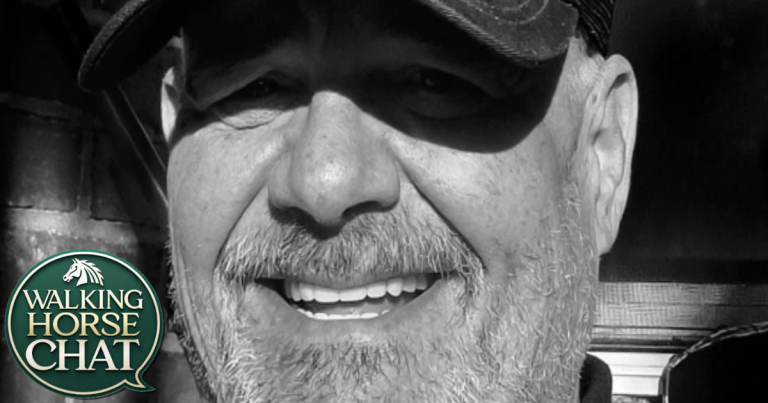Editorial: Tommy Williams, WalkingHorseChat.com publisher
To our friends in civic organizations who do organize horse events, yet still don’t understand the industry struggles concerning the USDA, I wrote is easy to understand explanation.
The Tennessee Walking Horse community has been at the heart of a passionate debate, especially when it comes to the Horse Protection Act (HPA) of 1970. This legislation was established to put an end to soring, which is a cruel method used to enhance a horse’s gait. While many supporters of the HPA believe it’s crucial for safeguarding the well-being of horses and ensuring they are treated humanely, many in the industry see it differently, viewing it as an example of government overreach.
Those who work closely with Tennessee Walking Horses—trainers, owners, and breeders—often argue that the HPA has imposed excessive regulations that disrupt the traditions and practices they’ve built up over the years. They feel that the inspections required by the HPA have become invasive and, at times, punitive, with severe penalties for even minor infractions. Because these inspections can be quite subjective, there are often inconsistencies that leave participants feeling singled out and unfairly critiqued.
Many within the community point out that the government seems to overlook the sincere efforts made by responsible horsemen to ensure humane treatment. Additionally, they argue that the economic implications of such regulations haven’t been adequately considered. The Tennessee Walking Horse industry plays a crucial role in local economies, providing jobs and livelihoods. Unfortunately, the increasing bureaucratic scrutiny has led to reduced participation in shows and events, placing even more strain on an industry that’s already facing challenges.
At its core, the ongoing clash between the Tennessee Walking Horse industry and the Horse Protection Act illustrates a broader conversation about finding the right balance between necessary regulation and the rights of individuals in agriculture. As these discussions unfold, it’s essential for everyone involved to navigate the complicated relationship between animal welfare, economic health, and the preservation of beloved traditions amidst what many consider to be an overreaching government stance.










